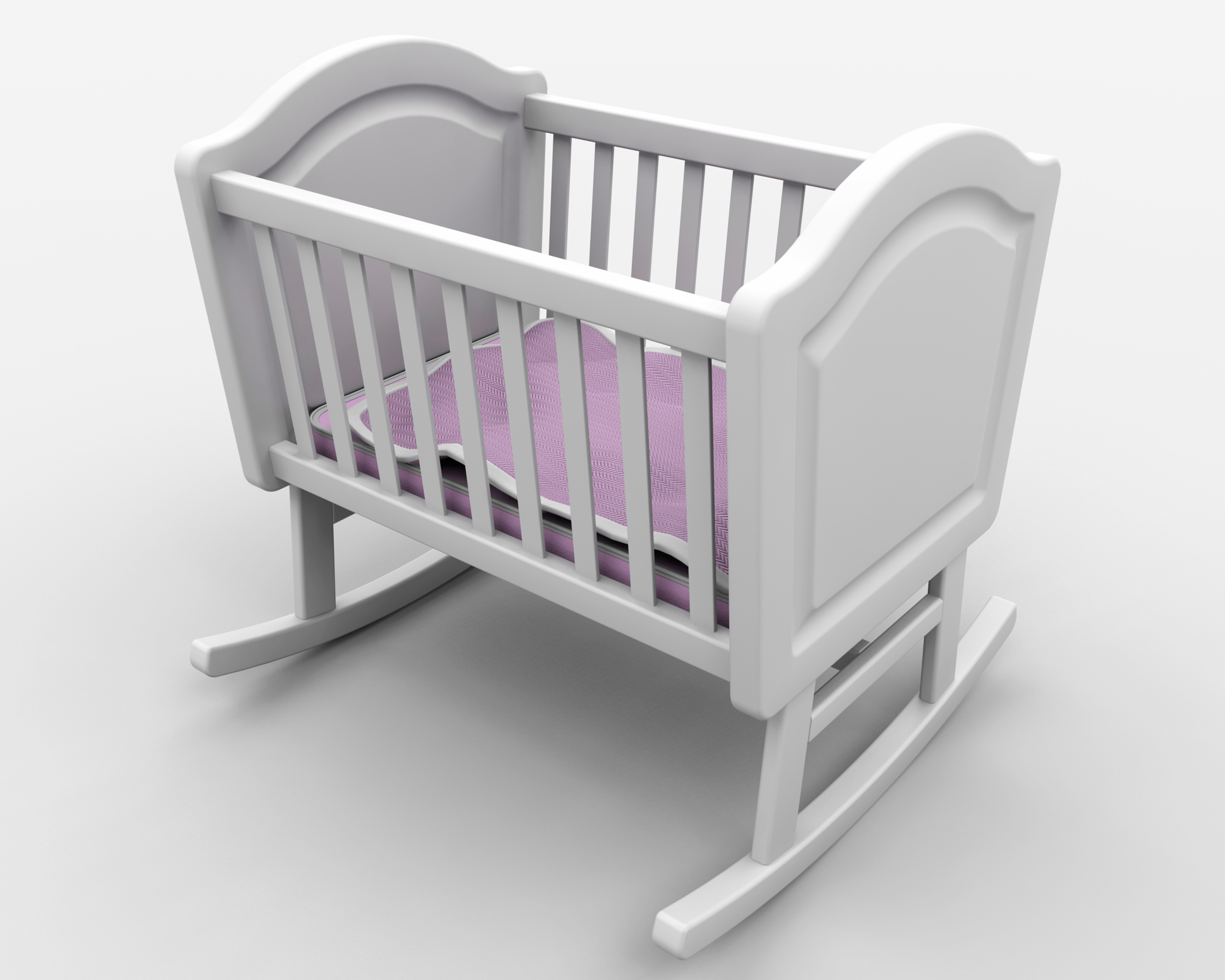A high percentage of fertile women who have unprotected sex will experience loss of a pregnancy at some point. According to the American Society for Reproductive Medicine, 25% of recognized pregnancies end in miscarriage.
The total number of miscarriages (including cases where the woman is unaware of the pregnancy) is estimated at about 50%. Pregnancy losses occurring within the first 8 weeks are most common. Few women experience miscarriage after the 12th week.
What You Should Know about Recurrent Miscarriage
A single miscarriage is not usually a cause for concern from a medical standpoint. However, consecutive miscarriages are rare, occurring in less than 5% of women. If you experience two or more miscarriages of in a row, you may wish to seek assistance from a reproductive specialist.
In some situations, there is an identifiable, medically treatable factor contributing to the loss of pregnancies. Many pregnancies simply end because of random chromosomal abnormalities in the egg or the developing embryo.
Recurrent miscarriage or early pregnancy loss can be physically taxing and emotionally devastating. Not knowing why this problem is happening can be especially distressing. Patients may experience feelings of self blame, failure, or desperation. It is important for patients to seek emotional support during this time. Professional mental health support may also be beneficial for patients coping with recurrent loss.
Pregnancy after Miscarriage
Fortunately, most women trying to conceive do go on to carry a healthy pregnancy to term after a miscarriage. This includes 60-70% of women who have experienced recurring pregnancy loss with no identifiable cause. Following a healthy lifestyle including good nutrition, diet, weight control, prenatal supplementation, exercise, rest, and general self care is the best course of action for women who wish to increase their chances of a normal pregnancy in the future.
